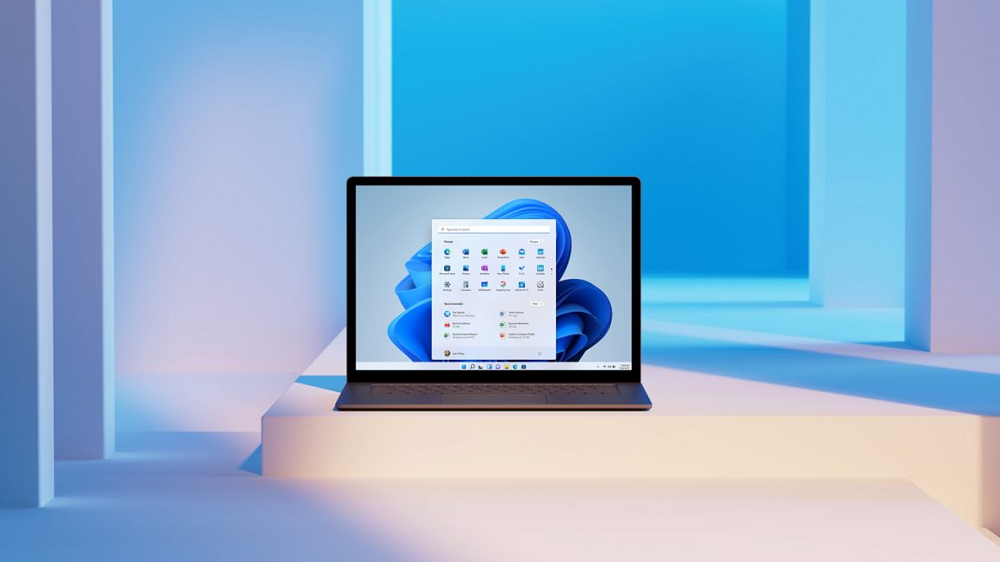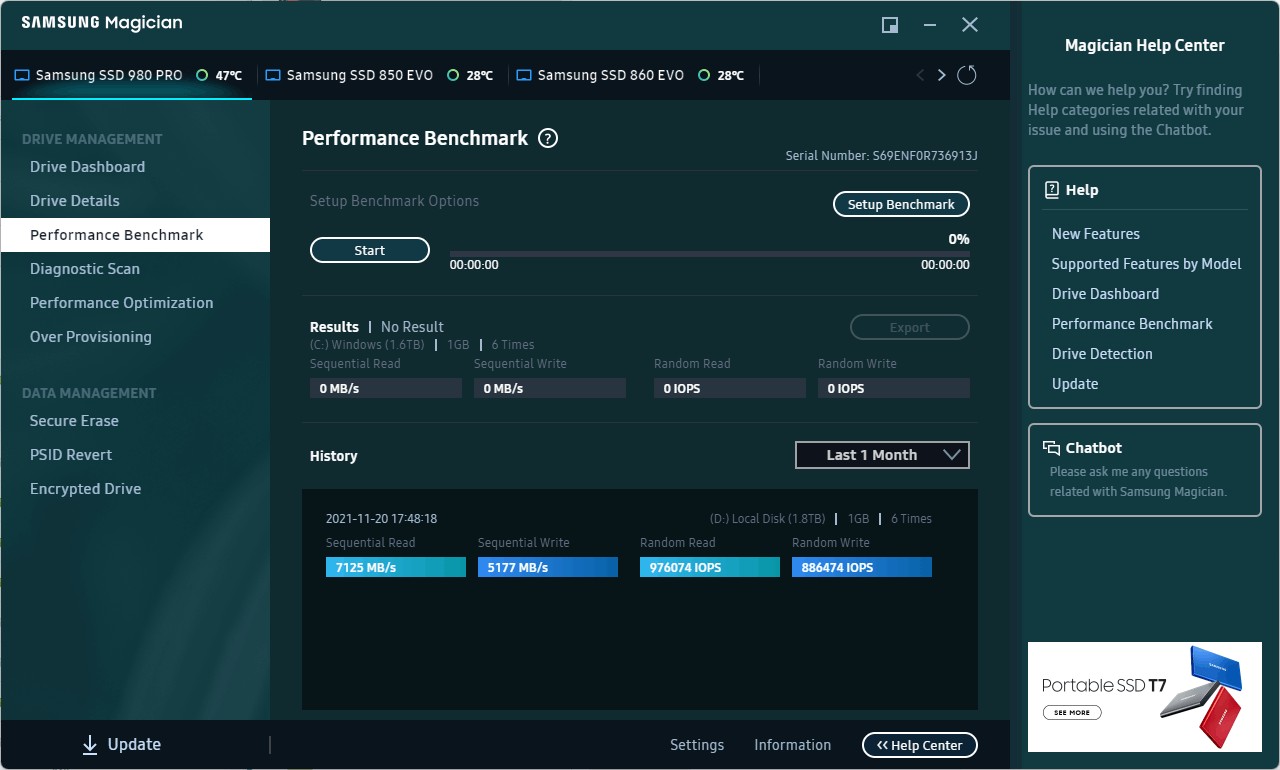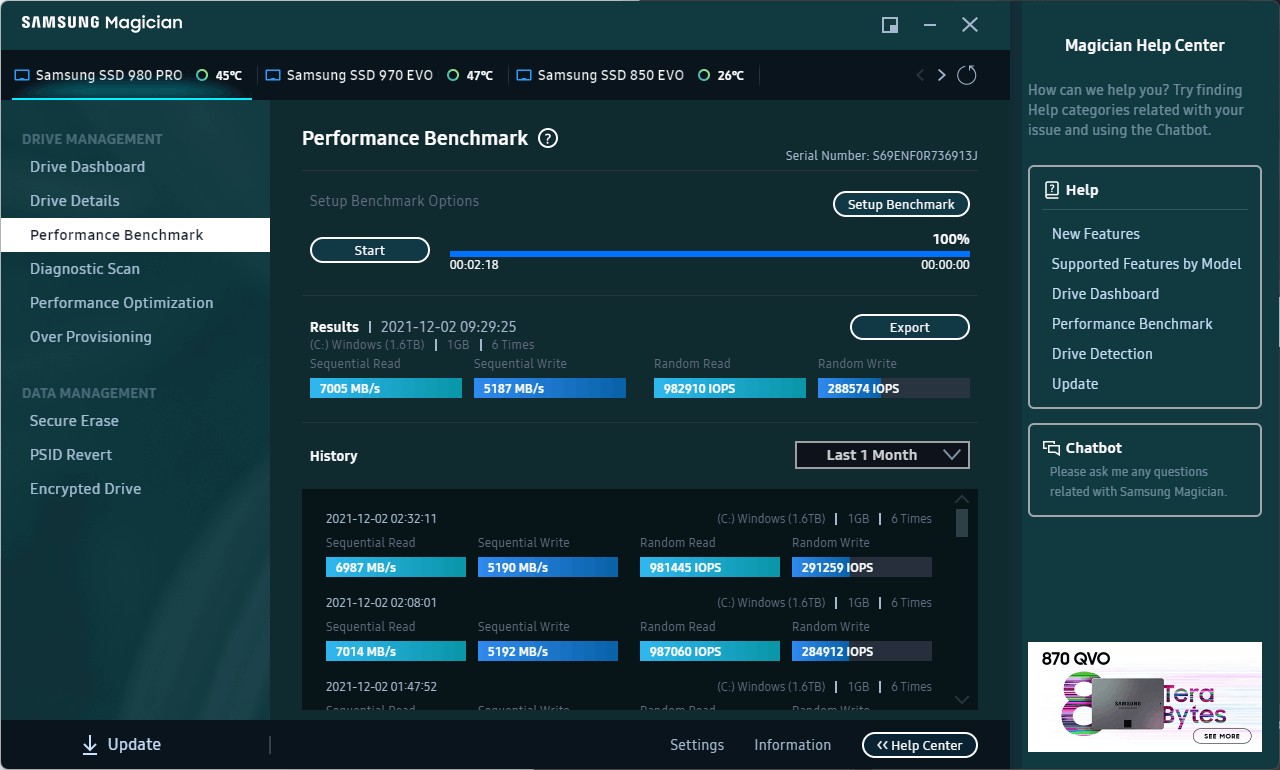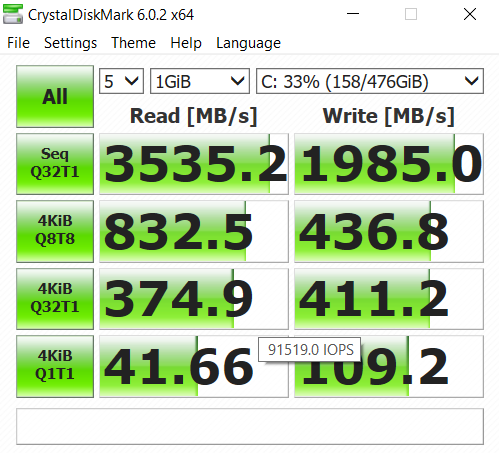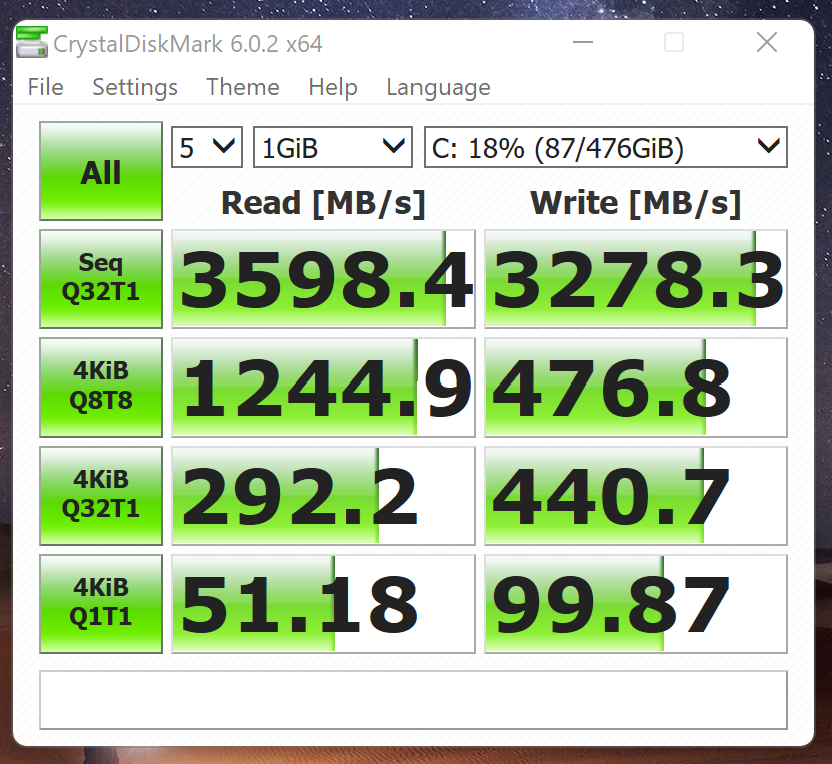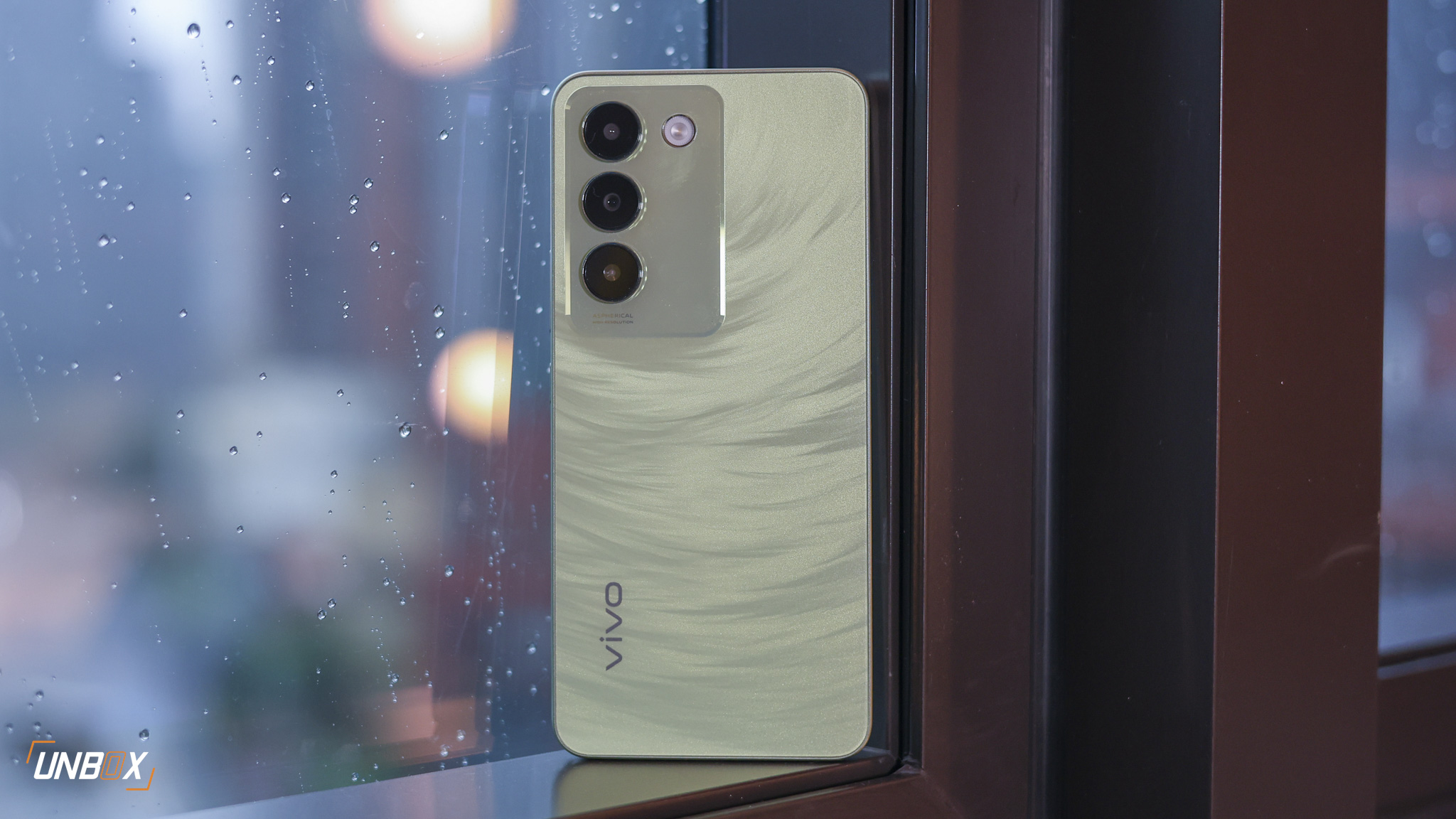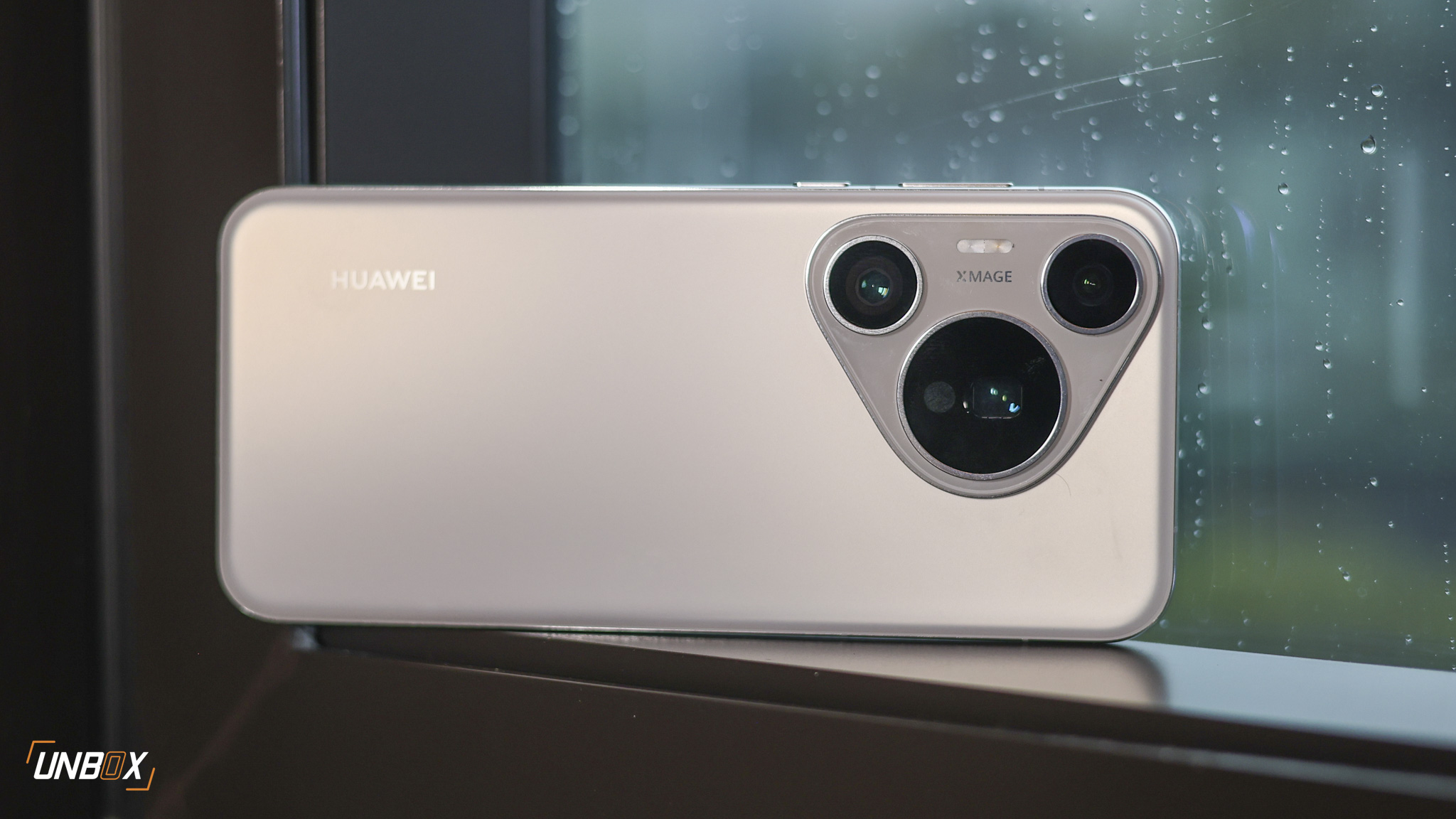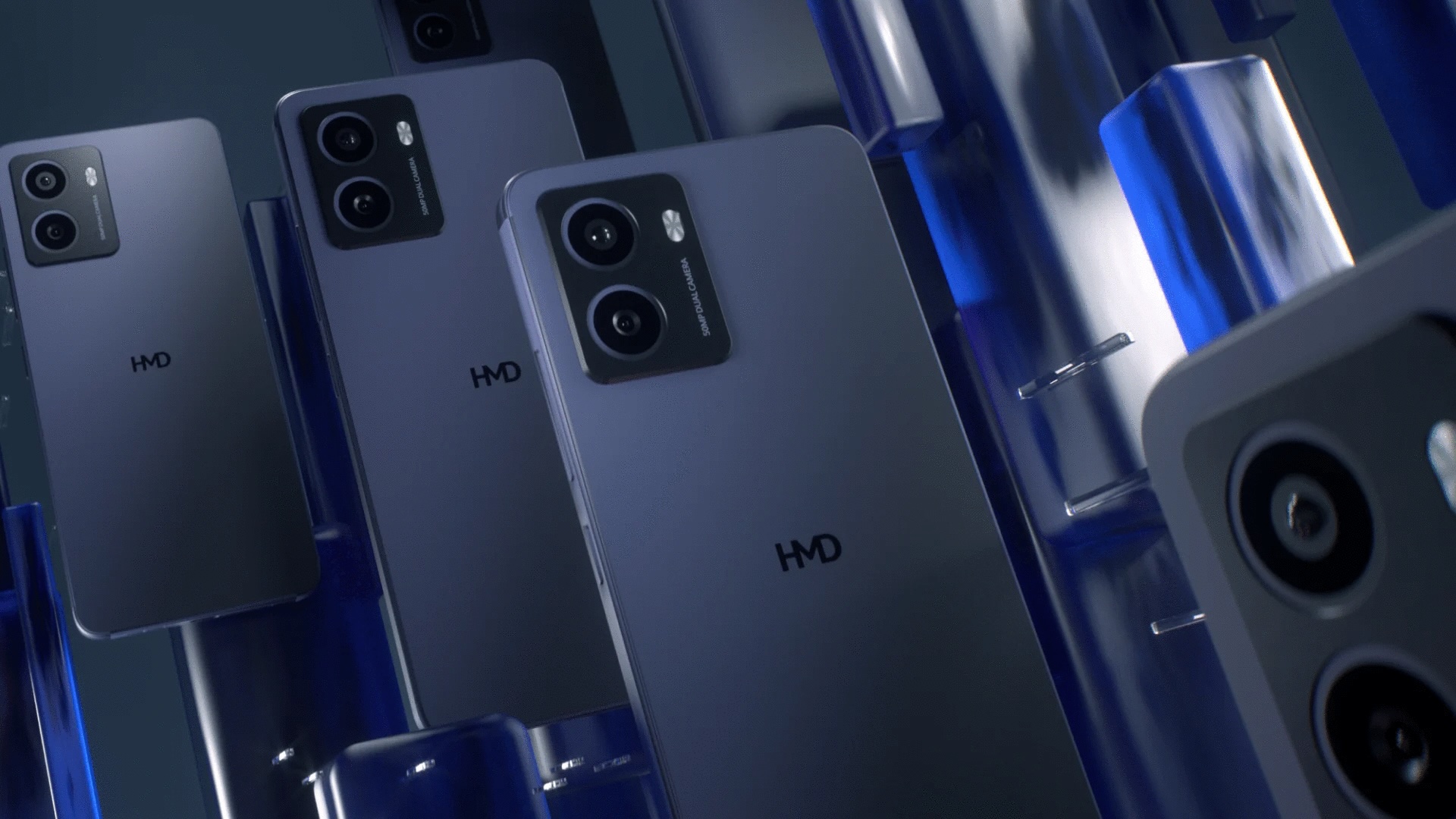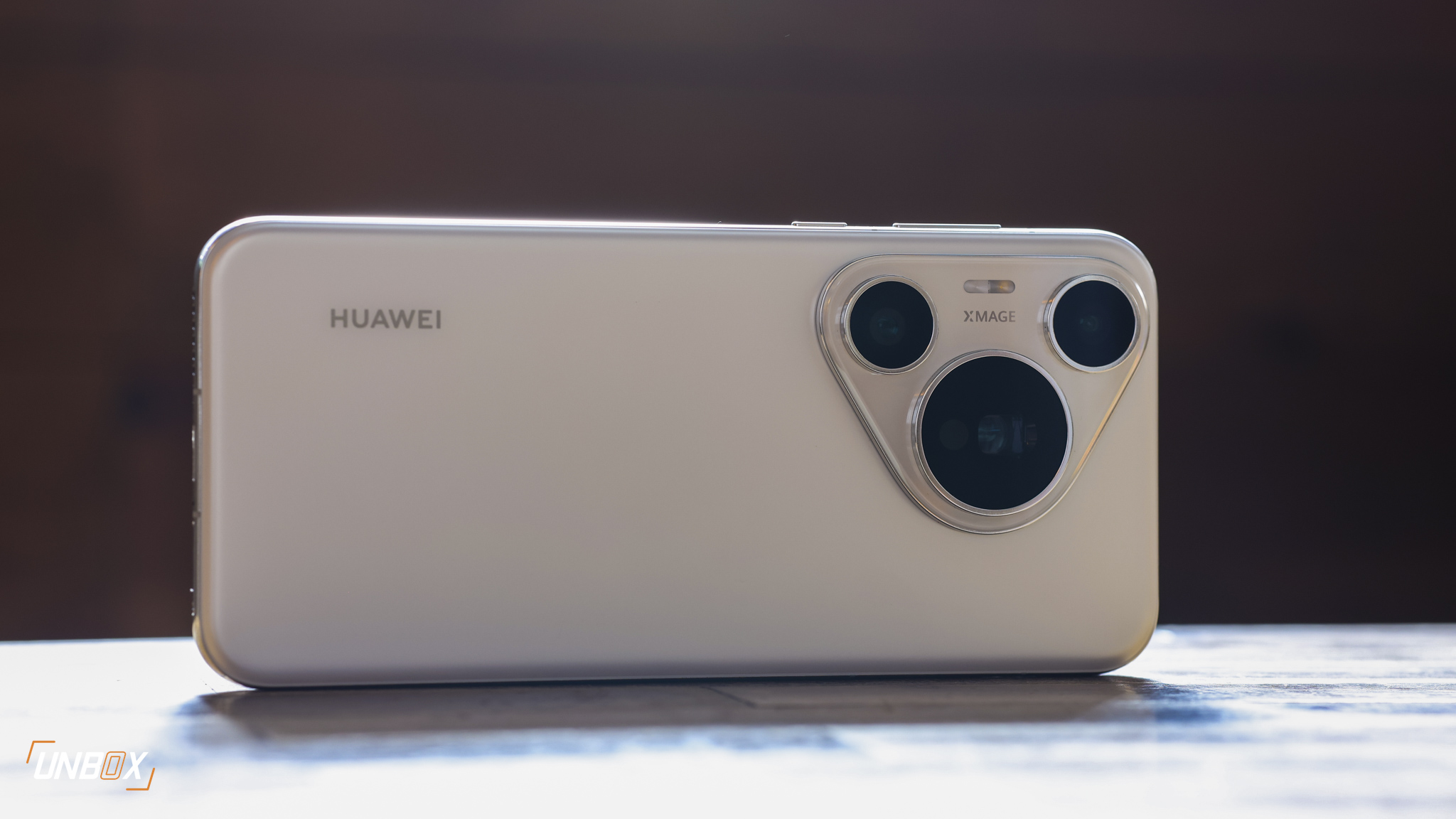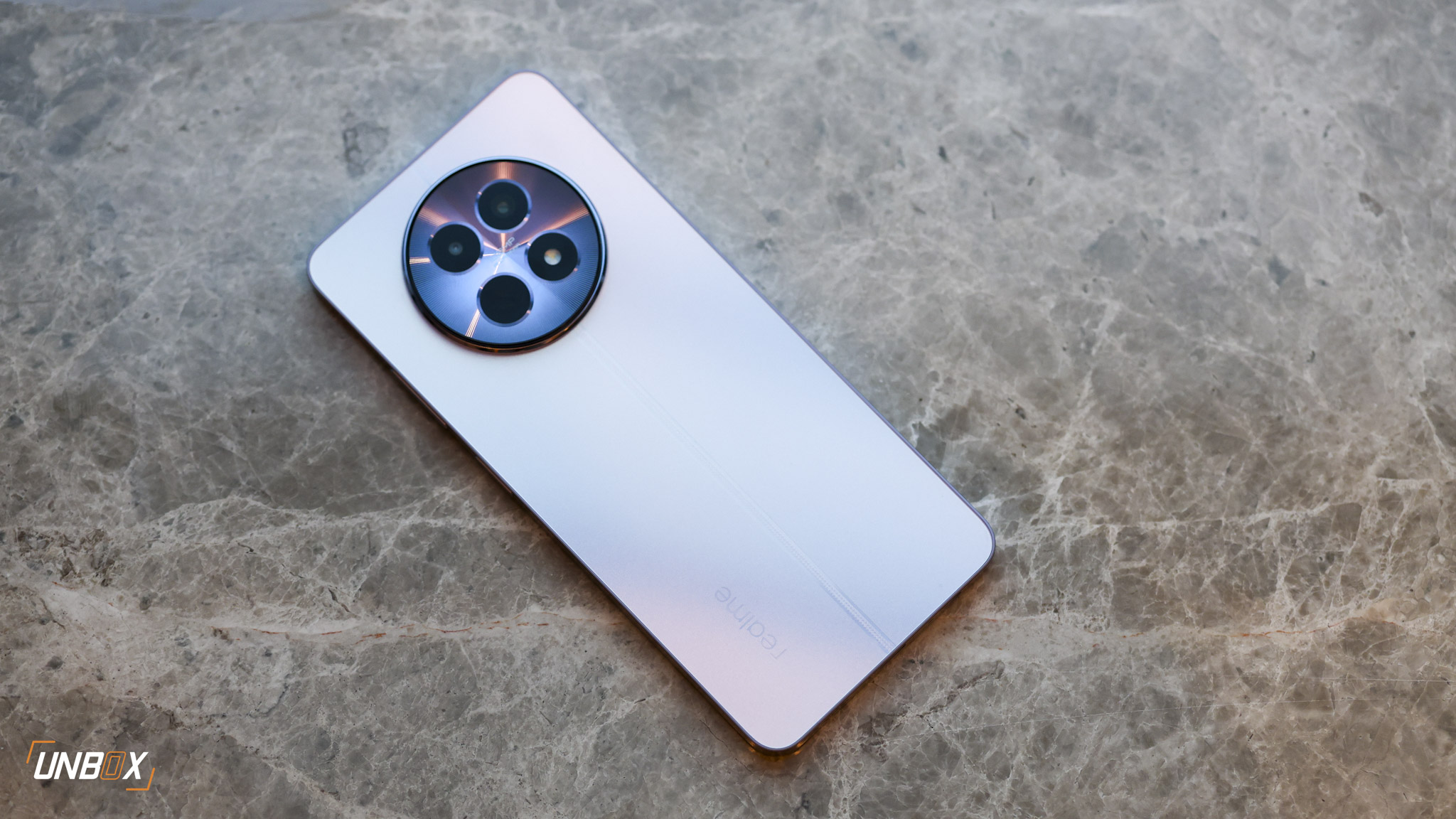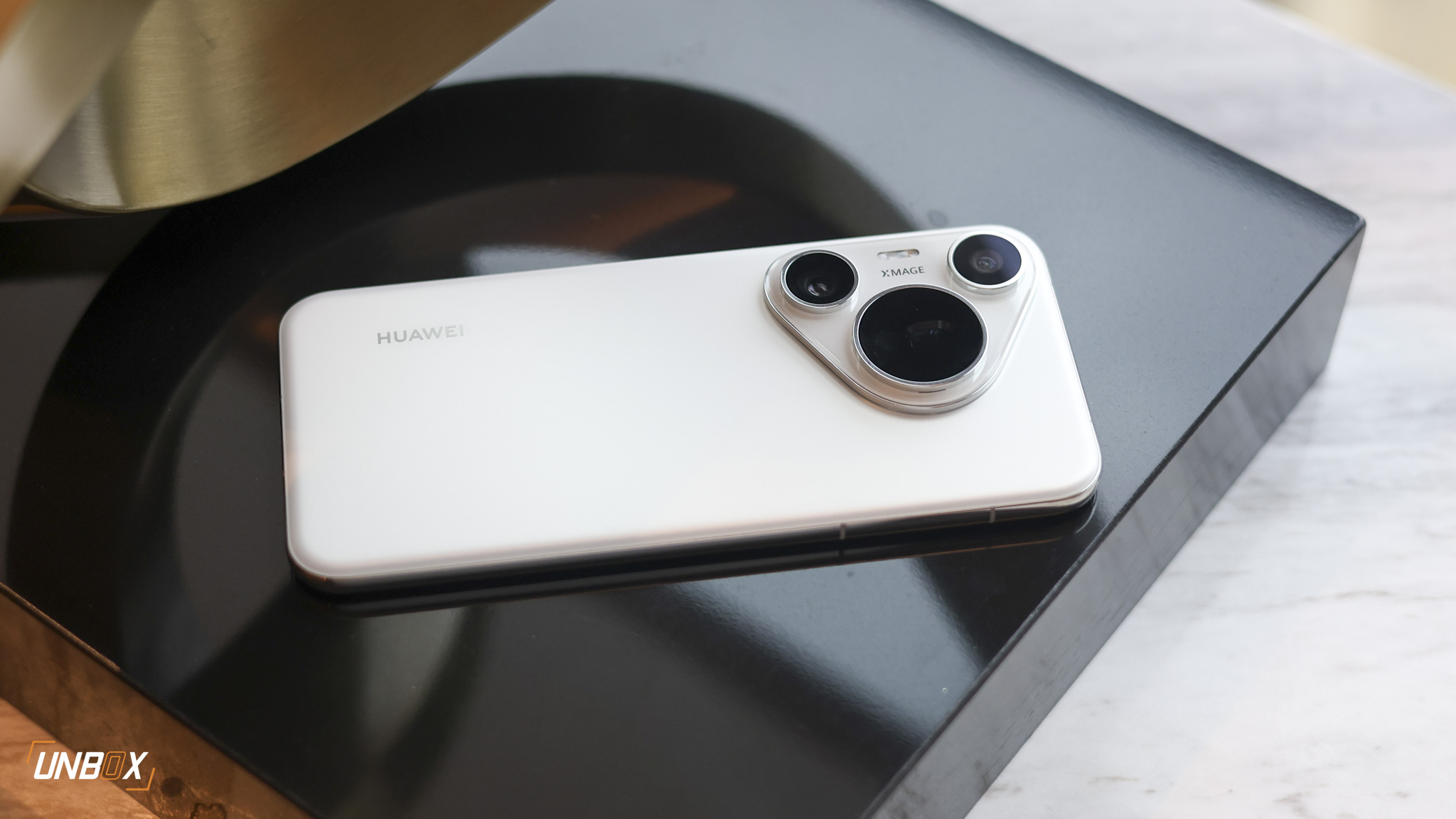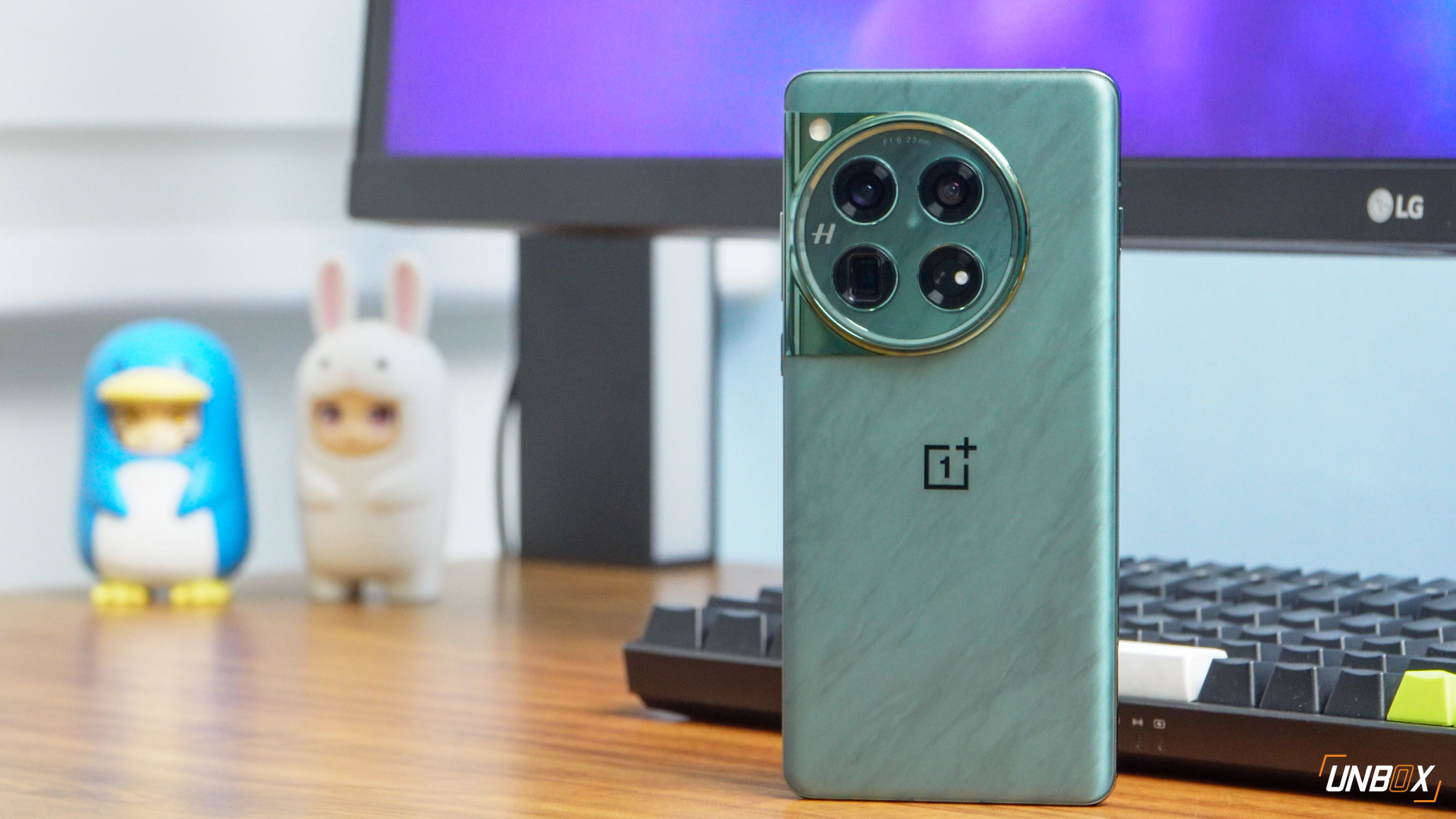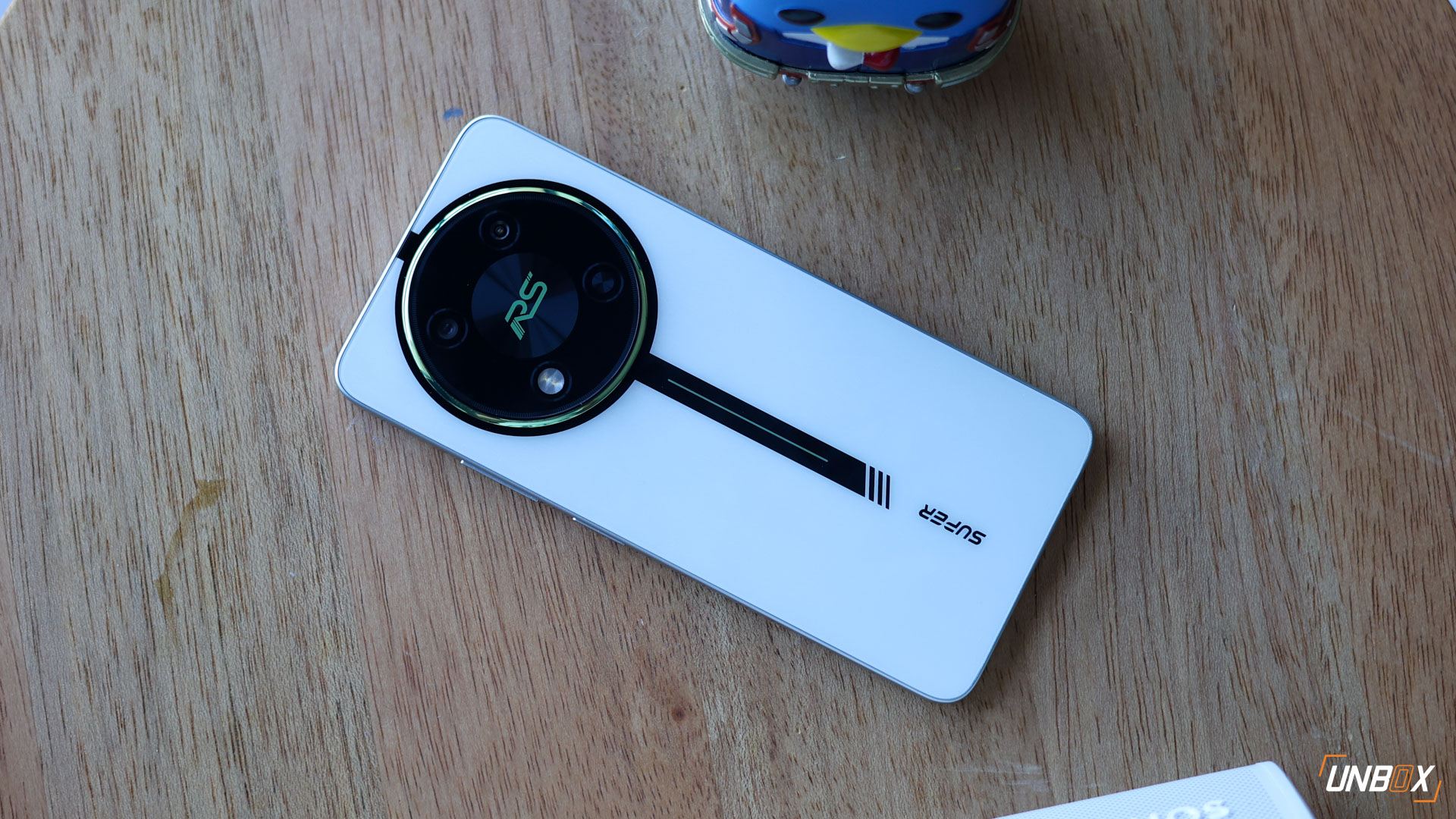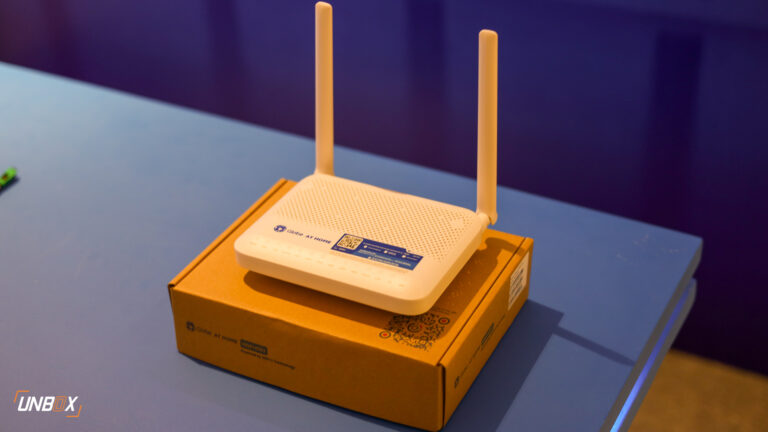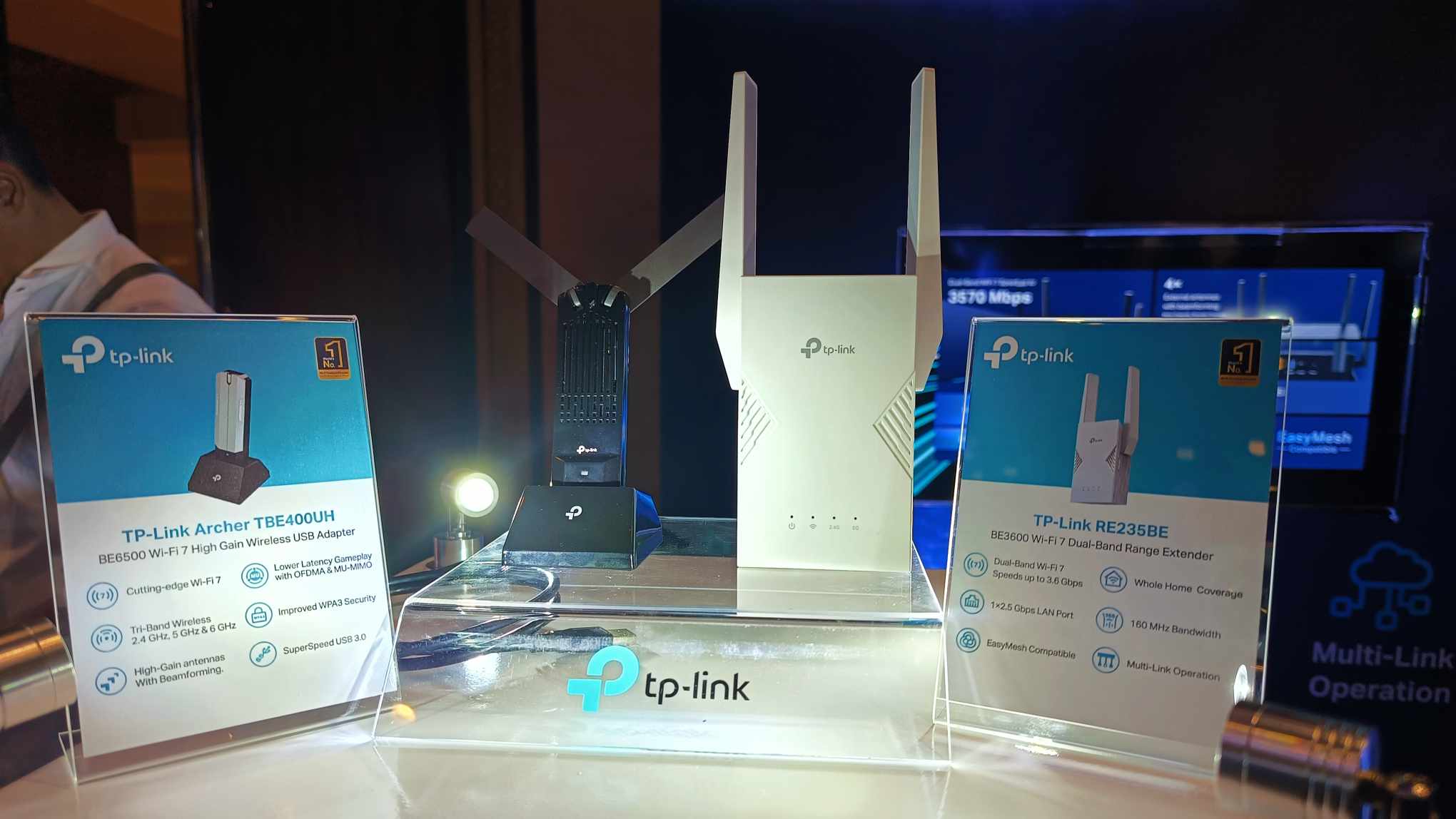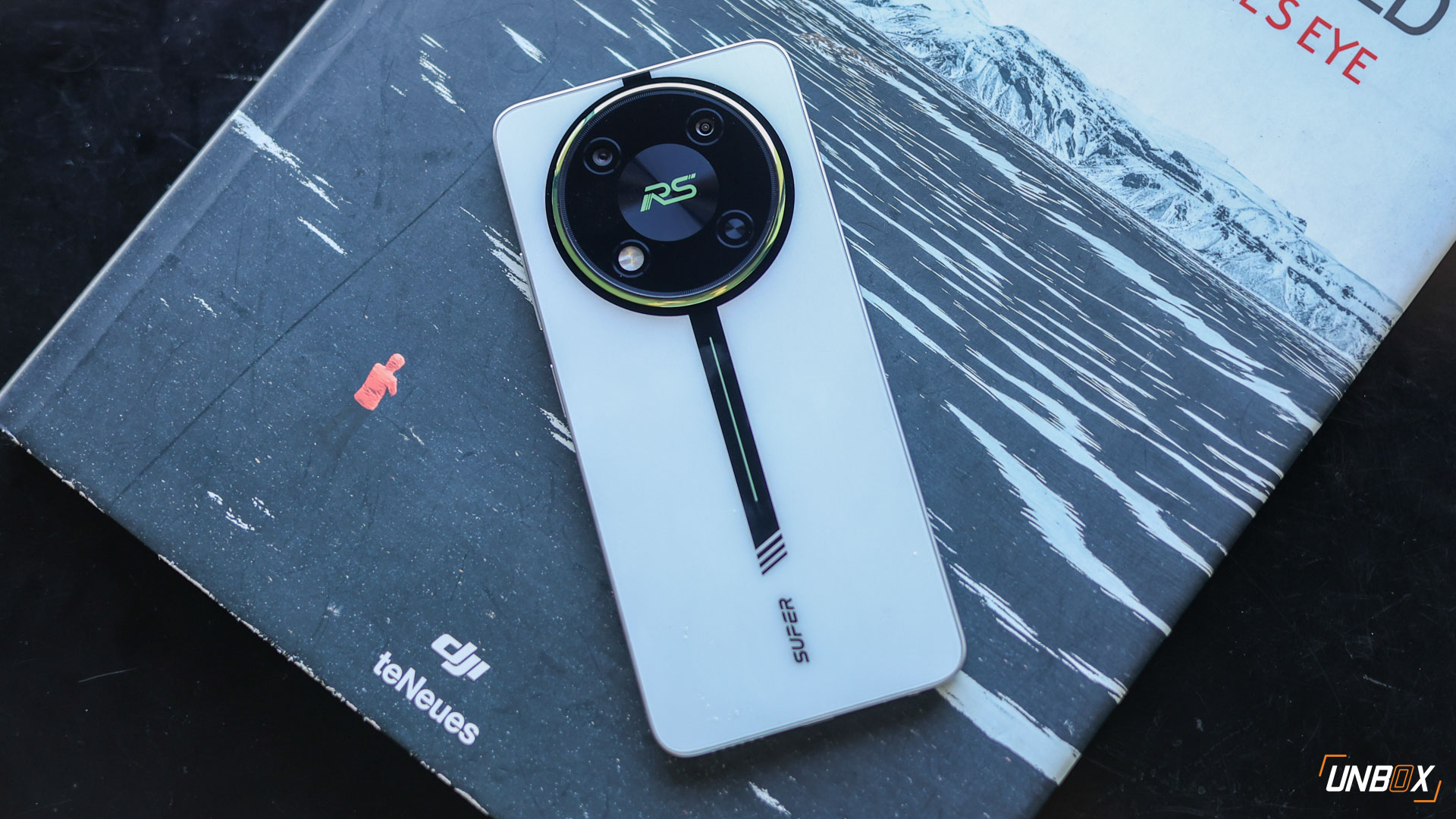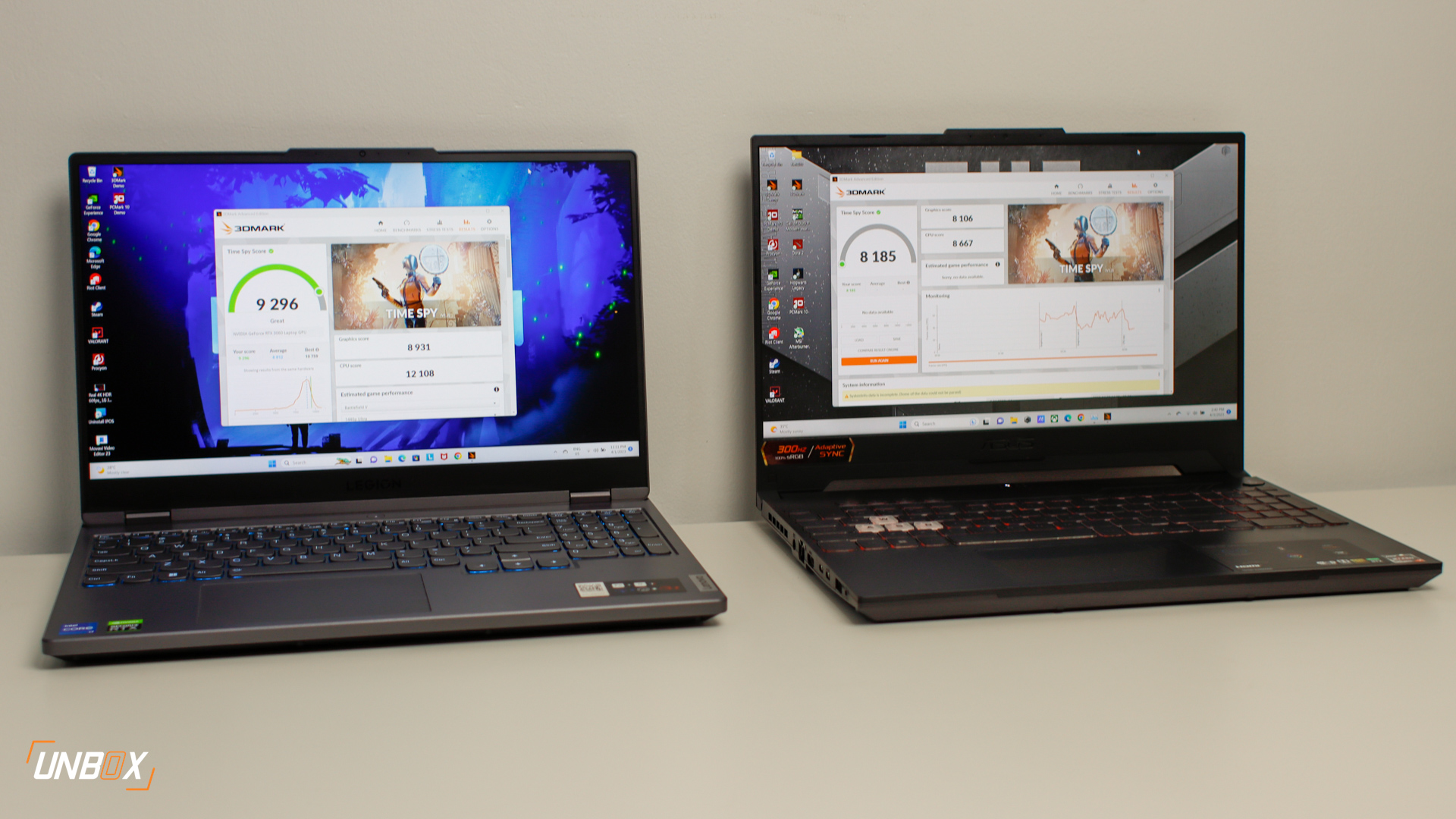Windows 11 is just a few months old, and it has its fair share of issues. While Microsoft has addressed the performance issues with Ryzen processors (and we have verified this in our review of the Yoga Slim 7 Carbon), new reports say that Windows 11 cripples NVMe SSD speeds, showing lower input/output operations per second (IOPS), and reduced read/write speeds in some cases.
In one example, a Western Digital Blue NVMe SSD showed lower sequential read and write speeds on Windows 11 compared to Windows 10, and the same trend is seen even with Windows 11 on the second partition. It is also the same case with a Samsung EVO 970 NVMe SSD, where sequential write speeds took a dip in Windows 11 compared to Windows 10.
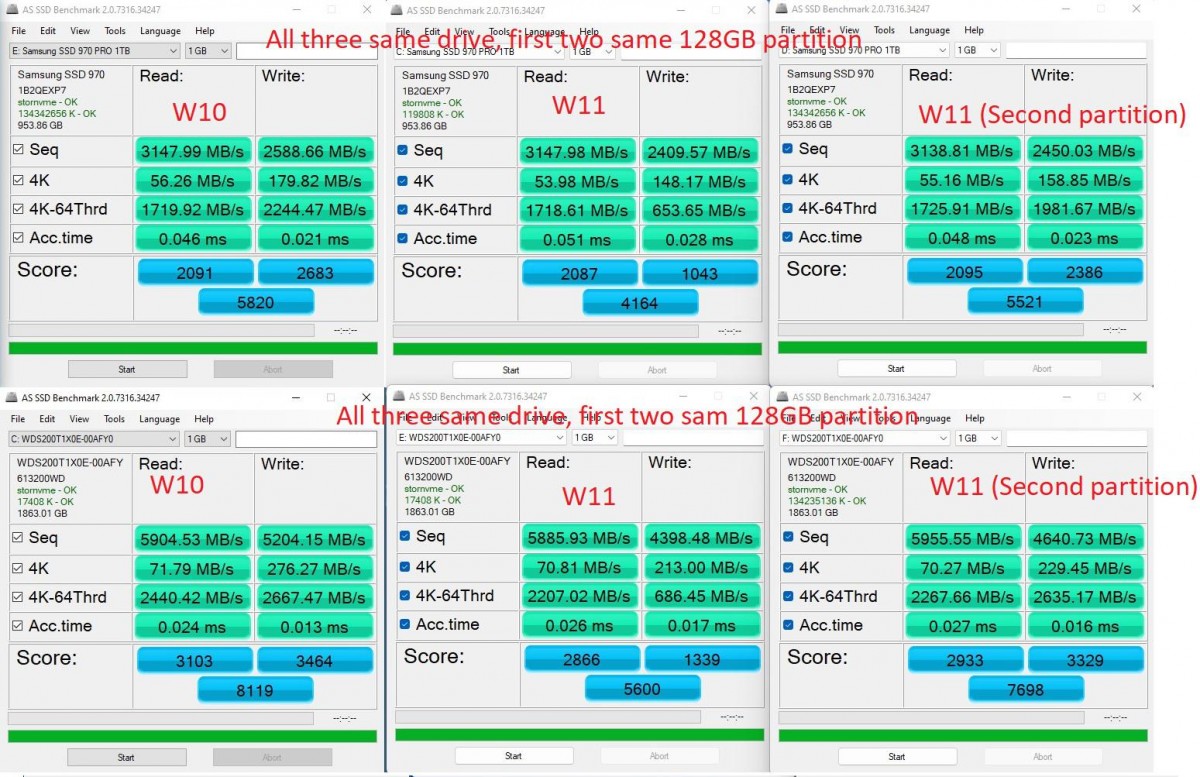
In another case, this one involving a Samsung EVO 980 SSD, sequential read and write speeds took a dip on a Windows 11 computer as compared to one that uses Windows 10.
The issue was apparently spotted around three months ago when Windows 11 was still in Beta, with a Microsoft Employee acknowledging the issue and that their team is investigating the cause. The same issue was also discussed in a Microsoft thread, and there is no word as of this writing if there is a fix to the said problem.
Do note, however, that this issue appears to affect computers that have been upgraded from Windows 10 to Windows 11 and not computers that come with Windows 11 out of the box. For comparison, Lenovo’s Yoga Slim 7 Carbon, which comes with Windows 11 out of the box, exhibited SSD speeds that are better than the Yoga S740 despite using the same NVMe SSD.
These issues plaguing Windows 11 add up to the many factors why very few people have upgraded to Windows 11.


